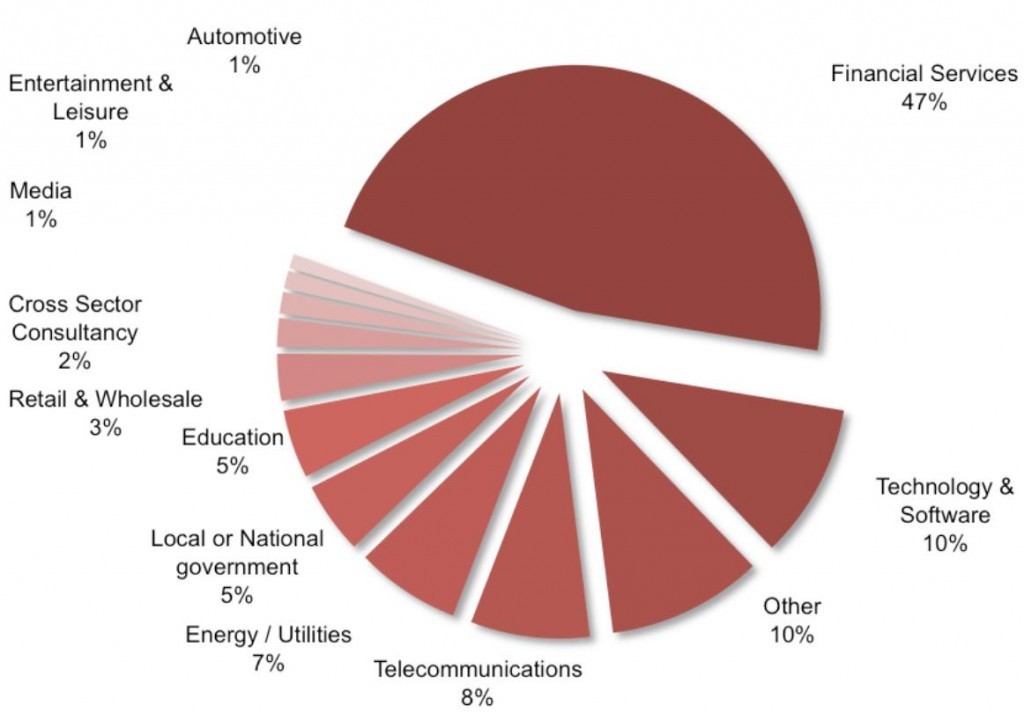What Does a Financial Analyst Do (with pictures)
Post on: 16 Март, 2015 No Comment

These 10 animal facts will amaze you.
Adorable animal families that will make you aww.
These 10 facts about space will blow your mind.
A financial analyst is responsible for making recommendations about investments and money-saving strategies. Most work for large corporations. but some also work for individuals or families, particularly those with a lot of money to invest. Their main job is to study the client’s assets to look for different ways of growing them and making even more money. In most cases analysts don’t actually do any investing themselves, but they do a lot of research so that clients will have all the information they need to make their own financial decisions. An analyst may make recommendations, but he or she rarely if ever actually executes any transactions.
Financial or investment analysts can work in many different settings, but they all usually have the same set of essential skills, and research is high on that list. Analysts need to understand the relevant financial markets well enough to use information about what certain funds or portfolios have done in the past to make informed predictions about what they are likely to do in the future.
Studying different types of investment vehicles is also an important part of the job. Analysts need to know the difference between bonds and stocks, for instance, and should be able to help a client choose between different monetary deposit opportunities. This often requires a solid understanding of the client’s goals and individual values, too. A good analyst will be able to explain why a certain type of account or fund might be strong generally. but might nevertheless be a poor choice for a certain client specifically.
There are of course many different ways to provide this sort of information, though in most cases it comes back to data gathering. Analysts have to be very skilled at interpreting data and presenting it in ways that clients can understand. Writing reports, preparing spreadsheets. and giving presentations are very often important parts of the job.
Jobs with Brokers and Banks
Many of the best-known financial analyst jobs are housed in major brokerages or banks. The people who hold these jobs are usually referred to as working “sell-side,” which basically means that their advice is geared towards the selling of investments and assets. Financial brokerages often make most of their money by rapidly trading stocks and bonds. An analyst is very important in these settings to help top executives make decisions that will yield the most potential profit.

Professionals working for banks tend to do similar work. These people are usually in charge of managing the bank’s assets and investing them to collect the biggest possible return. These sorts of analysts may also be called on to help the bank set rates for loans, interest schedules, and other client-facing services. Sometimes these rates are set by law, but analysts can often find ways to maximize profits at the margins even in cases where the numbers are more or less fixed.
Jobs in Firms
Private equity or investment firms also hire financial experts and analysts to advise private clients. These sorts of analysts are frequently known as “buy-side” professionals, since their main job is often to acquire assets for different groups or individuals and to build more permanent portfolios.
Different firms have different goals and requirements, but in most cases analysts working in buy-side the majority of their time thinking about how to improve financial holdings that already exist. They provide advice to corporations, for instance, and may do research for charitable foundations; they present options to businesses looking to expand, or walk wealthy families through some of the available investment choices. The analyst will need to be able to explain both the risks and possible gains of all the different options, and his or her main goal is usually to present the client with a comprehensive picture of the financial horizon, both how it looks in the present and how it could look in the future.
Freelance Positions
Not all investment analysts work for brokerages or firms, or even keep regular working hours. People with some advising experience often strike out on their own, cultivating clients on a freelance or independent basis. Professionals in this category often choose their own jobs, and they are often able to cultivate a “niche” by only taking work in certain sectors. A person could make a name for herself making recommendations for nonprofit groups, for instance, or as an adviser to small businesses. Freelancing typically offers a lot of flexibility, but analysts often have to work a lot harder to maintain an active roster of clients. The price of getting to pick and choose is often a lack of stability and a certain degree of uncertainty when it comes to what work is available.
Required Education
Most people who want to become financial or securities analysts need to earn at least a bachelor’s degree, usually in a field like accounting or business. It is sometimes possible to enter the workforce with only a high school diploma or an associate’s degree, but this is relatively uncommon. In fact, many of the most successful analysts have gone on to receive master’s degrees, usually in financial management or business administration. Employers often see university education as a sort of preliminary training for the rigors the job will entail.
Financial analysts often have to be licensed, or “chartered” as it is sometimes called, before they are able to work. Lawmakers have several reasons for making these requirements, but near the top of the list is basic responsibility and accountability: money and investments are serious things, and people want some reassurance that the people they are trusting to make recommendations and give advice actually have some objective expertise. Many jurisdictions handle the licensing question by administering an exam, while others just want evidence of training and education. Chartered financial analysts or CFAs usually need to pay a fee to be licensed, and may also have to commit to a certain number of continuing education hours or classes each year in order to stay up to date on the latest trends.














